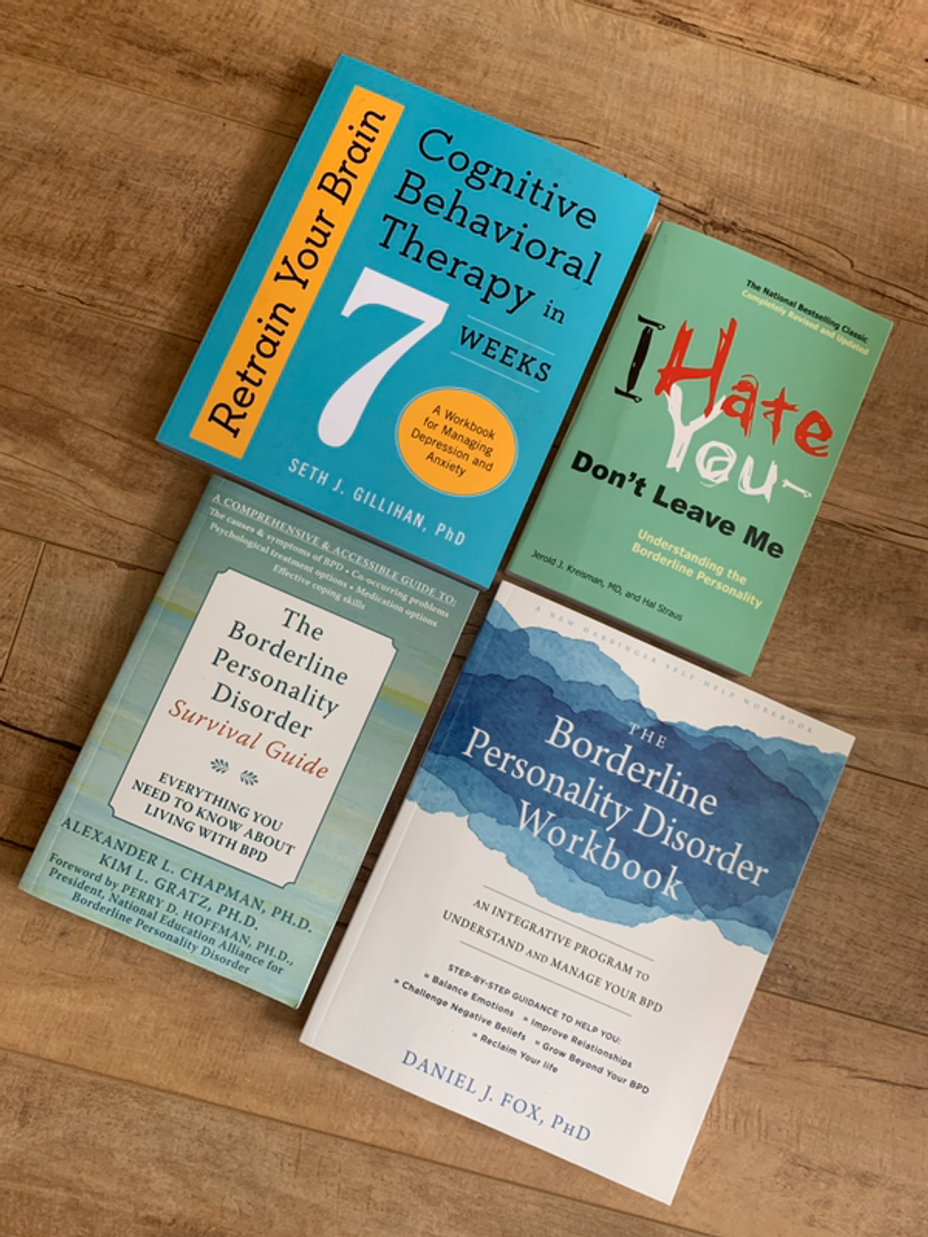If you’re like me, you often have a negative voice inside you constantly causing anxiety or putting yourself down. If this sounds like you, then keep reading!
Last year, I began having Cognitive Behavioural Therapy (CBT) and one of the most useful tips that my therapist told me was that not all of our thoughts are true. They are often just echoes of our family, friends and even our bullies. We must learn to question our thoughts and notice when we are adding extra stress to ourselves for no reason.
She separated negative thoughts into different categories and I suddenly realised how vicious I’ve been to myself.
Unhelpful thinking habits:
• Mental Filter- We only notice what the filter wants us to notice and we dismiss anything that doesn’t ‘fit’.
Think of it as having a kitchen strainer and only catching the negative stuff whilst anything realistic or positive is dismissed. Question yourself: Am I only noticing the bad stuff?
• Prediction - Believing that we have the psychic ability of telling the future. For example: “ I’m going to get an F in my exam” but in reality, you won’t know until you get your results back!
• Mind Reading - Assuming that we know what others are thinking (usually about us). Tell yourself: These are your own thoughts, not theirs- What is your evidence? Are you assuming that you know their thoughts?
• Compare and Despair- Seeing only the good and positive aspects in others, and getting upset when comparing ourselves negatively against them.
• Critical Self- Our own personal bully. Putting ourselves down constantly, self criticism, blaming ourselves for situations that are not (totally) our responsibility.
• Shoulds and Musts - Thinking or saying “ I should” or “I must” adds unnecessary pressure on ourselves and sets up unrealistic expectations. Example: “I should get that promotion” or “I should get that A in my exam”.
• Judgements- Making evaluations or judgements of events, others, ourselves or the world rather than describing what we see.
• Emotional Reasoning- I’m feeling anxious so I must be in danger. Just because you feel anxious, doesn’t necessarily mean that it is bad. Our feelings are just a reaction to our thoughts and those thoughts are just automatic brain reflexes. We have 60,000-80,000 thoughts per day.
• Mountains & Molehills- Exaggerating danger and negative thoughts, minimising positive thoughts and how likely things will turn out.
• Catastrophising- Imagining the worst possible thing to happen. Ask yourself- What is the most realistic thing to happen?
• Black and White thinking- Believing only in good and bad/right and wrong. Things aren’t always black and white- there are shades of grey. Where does this situation lie?
• Memories- Current situations can trigger upsetting memories leading us to believe that there is danger right now rather than the past.
Hopefully this list as helped you as much as it has helped me and remember to always question your thoughts!
Celyn xo
#CBT #cognitivebehaviouraltherapy #Anxiety #Depression #NegativeThoughts #Phobia

